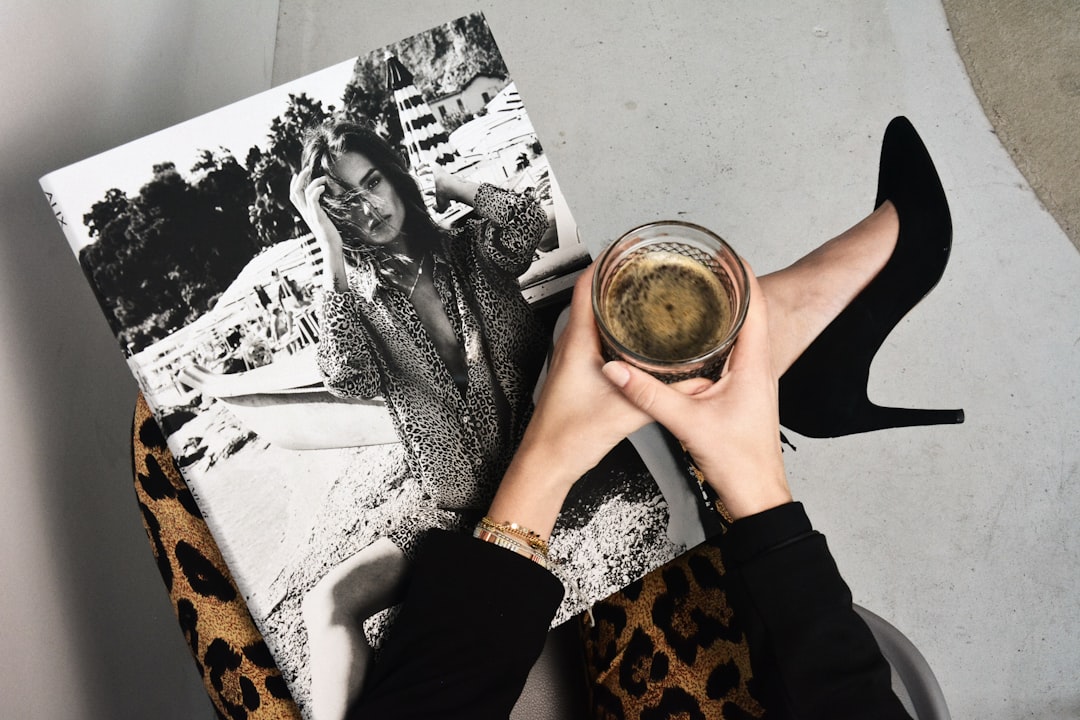
In a world where first impressions can make or break opportunities, the significance of fashion and apparel cannot be overstated. Dressing well isn’t just about aesthetics; it’s a powerful form of self-expression that impacts our mood, confidence, and the perceptions of those around us. As we dive into the multifaceted world of fashion, let’s explore how our clothing choices affect not just our own lives but also the environment and economy.
**The Psychology of Dressing**
Ever notice how you feel when you put on that favorite outfit? Or how the right pair of shoes can give you a spring in your step? Psychological studies have shown that our clothing can influence our emotions and behaviors—a phenomenon known as “enclothed cognition.” This term describes how the clothing we wear can impact our psychological state and even enhance our performance. For instance, wearing professional attire can boost confidence levels, making you feel more capable and assertive. This isn’t just anecdotal; it’s backed by science.
**Fashion as a Tool for Self-Expression**
Fashion is a unique language; it allows individuals to convey their personality, culture, and values without uttering a word. From bold colors that scream confidence to muted tones that speak of elegance and sophistication, what we wear can communicate volumes. Think about it: a brightly patterned dress might suggest vibrancy and joy, while a classic black suit exudes professionalism and seriousness. In this sense, choosing your wardrobe can be an empowering act of self-definition.
**Navigating the Luxury vs. Affordable Debate**
When discussing fashion, the age-old debate of luxury versus affordability arises. Many believe that high-end brands guarantee superior quality and status, while others argue that affordable fashion can be just as stylish and sustainable. The key is to find a balance that works for you. Thrift shopping, for example, has become a trendy way to score high-quality pieces without breaking the bank. It’s an eco-friendly approach that promotes reusing and recycling, all while giving you a unique wardrobe that tells your personal story.
**Eco-Friendly Fashion: A Growing Trend**
Speaking of sustainability, the fashion industry is beginning to pivot towards eco-friendly alternatives. Consumers are increasingly aware of the environmental impact of fast fashion and are opting for brands that prioritize ethical production practices and sustainable materials. Organic cotton, bamboo fabric, and recycled materials are becoming popular choices. The rise of rental services and second-hand shops is also reshaping how we think about apparel—focusing on the life cycle of garments rather than just the purchase.
**DIY Fashion: Unleashing Your Creativity**
For those looking to stand out, DIY fashion has emerged as a creative outlet that encourages individuality. Whether it’s upcycling old clothes or creating custom accessories, DIY allows you to showcase your unique style while also being resourceful. Imagine transforming a pair of old jeans into a trendy bag or adding patches to a jacket for a personal touch. These projects not only save money but also foster a sense of pride and accomplishment.
**Emerging Trends: The Future of Fashion**
As we look towards the future, several emerging trends are reshaping the landscape of fashion. Digital fashion is on the rise, with virtual clothing making waves in the gaming and social media arenas. Sustainability continues to be at the forefront, with more brands pledging to reduce their carbon footprint and promote ethical practices. Additionally, inclusive sizing is gaining momentum, ensuring that fashion is accessible for everyone, regardless of body shape or size.
**Conclusion: Dress for Success**
In conclusion, the impact of fashion and apparel transcends mere aesthetics. It’s an intricate dance of psychology, self-expression, and social consciousness. As you navigate your wardrobe choices, remember that every outfit tells a story. So, dress intentionally, embrace your unique style, and let your clothing reflect the amazing person you are. After all, fashion isn’t just about what you wear; it’s about how it makes you feel and the message it sends to the world. So, the next time you reach for your clothes, consider not just the fabric, but the power it holds to shape your identity and influence those around you.